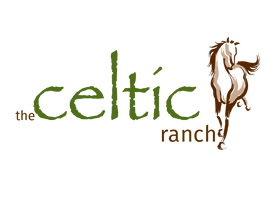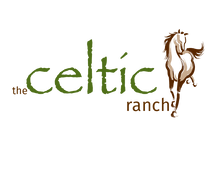Gaeltacht fights to keep Irish thriving
Language is an undeniably important part of any culture. In Ireland, the effort to keep the Irish language thriving as fully recognizable and practiced seems to be a fight worth fighting. The Irish people faced a dying national language in the 1800s, after years of British rule and massive emigration during the Potato Famine resulted in English becoming the official language of all business and administration.
In an effort to save the language, the government in Ireland facilitated the Gaeltacht regions as places where the population still predominantly spoke Irish in its day-to-day business and education. Today these regions have more than 100,000 native speakers who continue to protect and practice Irish in schools, markets, churches, and on the streets. In these areas specifically, the evidence appears to show a gradual increase in the interest in and use of the Irish language, making many Irish language defenders optimistic about its future.
There are mixed messages, however. Just recently the Eircode was established as a nationwide postal code and it translated, needlessly many would say, more than 50,000 Irish names into English. On the other end of the spectrum is the 20-year Strategy for the Irish Language, established in 2010 by the government. The goal of the "20-Year Plan" is to establish Irish so deeply in the culture that it will never again face extinction. Critics say the plan is long on talk, and short on legitimate efforts.
In spite of all the politics, the key does seem to be maintaining the communities which are immersed in Irish. Teaching the language in each school country-wide is mandatory, but everyone agrees that the effects are weak when students only speak it at school.
“I think the education system is good at impressing upon people that they should be fluent in Irish,” says Aoife Crawford, Irish Language Officer, Trinity College, “but not successful in making them fluent.”
One hopeful sign is the interest that people of Irish heritage are showing in the native language. More and more Irish-Americans in particular are intrigued by learning at least a beginners’ level of Irish. There are many free websites offering study-on-your-own links to the language.
Those in the Gaeltacht worry about a future without Irish if the younger generations do not commit to learning, speaking and celebrating the language.
“If we do (let it go) then we are letting go of part of who we are,” said Eddie Lenihan, Irish storyteller, “If we can get that across to people, then it will survive.”
“The day we let Irish go, then we are in trouble.”P
Part 2 of 2


















Leave a comment